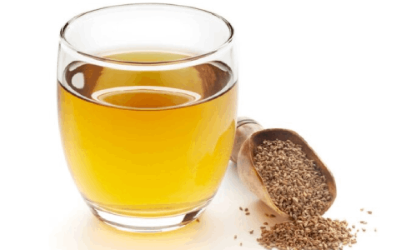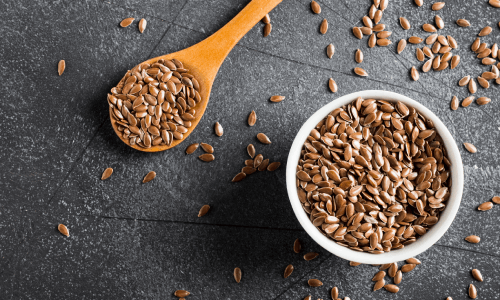Horse gram is a popular legume that is often consumed in South India. It is rich in fibre and protein and is great for people looking to lose their weight. However, horse gram is not ideal for all, especially if you are a Pitta body. Pitta Dosha is one of the three Doshas (biophysical energies). This Dosha is responsible for digestion and all metabolic activities as well as maintaining body heat. However, when Pitta aggravates, it can lead to problems like acidity, inflammation and skin issues. So, if you have a Pitta predominant body type, having horse gram can do more harm that good. Nature of Horse Gram Horse gram is considered hot and dry, and it has a spicy taste. These qualities can make Pitta Dosha even more imbalanced because Pitta is already hot. Eating spicy and hot foods can make your body even hotter and cause issues like heartburn and inflammation. Also, horse gram can be hard to digest. People with a lot of Pitta already have strong digestion, and eating tough-to-digest foods can strain the digestive system and lead to problems. This can create toxins (Ama) in the body, making Pitta Dosha even worse. Furthermore, horse gram is drying, and Pitta individuals tend to have dry skin and hair. Eating drying foods can make these issues worse and lead to dryness in the digestive system, causing constipation and other stomach problems. According to Ayurveda, it is best to eat foods that help balance your Doshas. So, if you have a lot of Pitta, it is better to eat foods that cool your body down and keep it hydrated. Some examples of these cooling foods are cucumber, coconut, melons and leafy greens. Horse gram is not the best choice for people with a lot of Pitta in their bodies because it is hot, hard to digest, and drying. If you are a Pitta person, it is better to focus on eating foods that cool you down and keep you hydrated to balance your Dosha and stay healthy. If you are struggling with any health issues, you can either book a consultation with us or send us a message via WhatsApp to +91 79074 89839. We have the best Ayurvedic doctors in Trivandrum who are always glad to help you. If you have any queries, contact us. You can also visit us at our hospital.
Is horse gram good for Pitta bodies?









